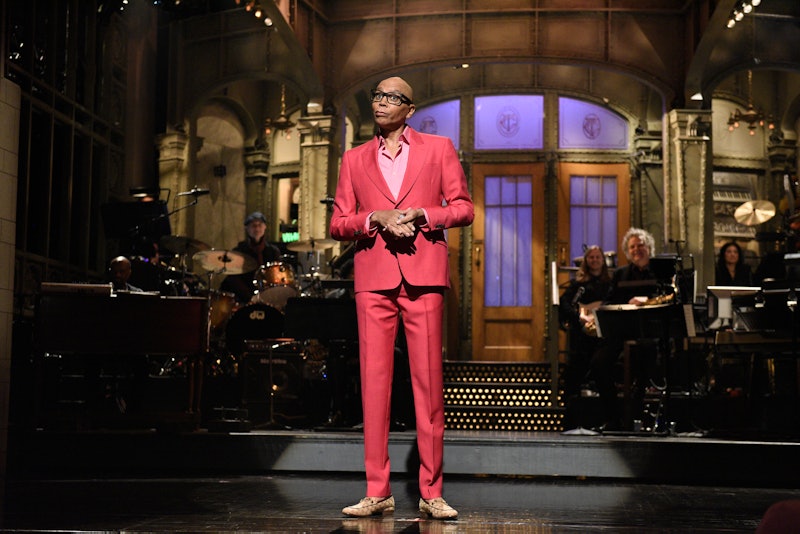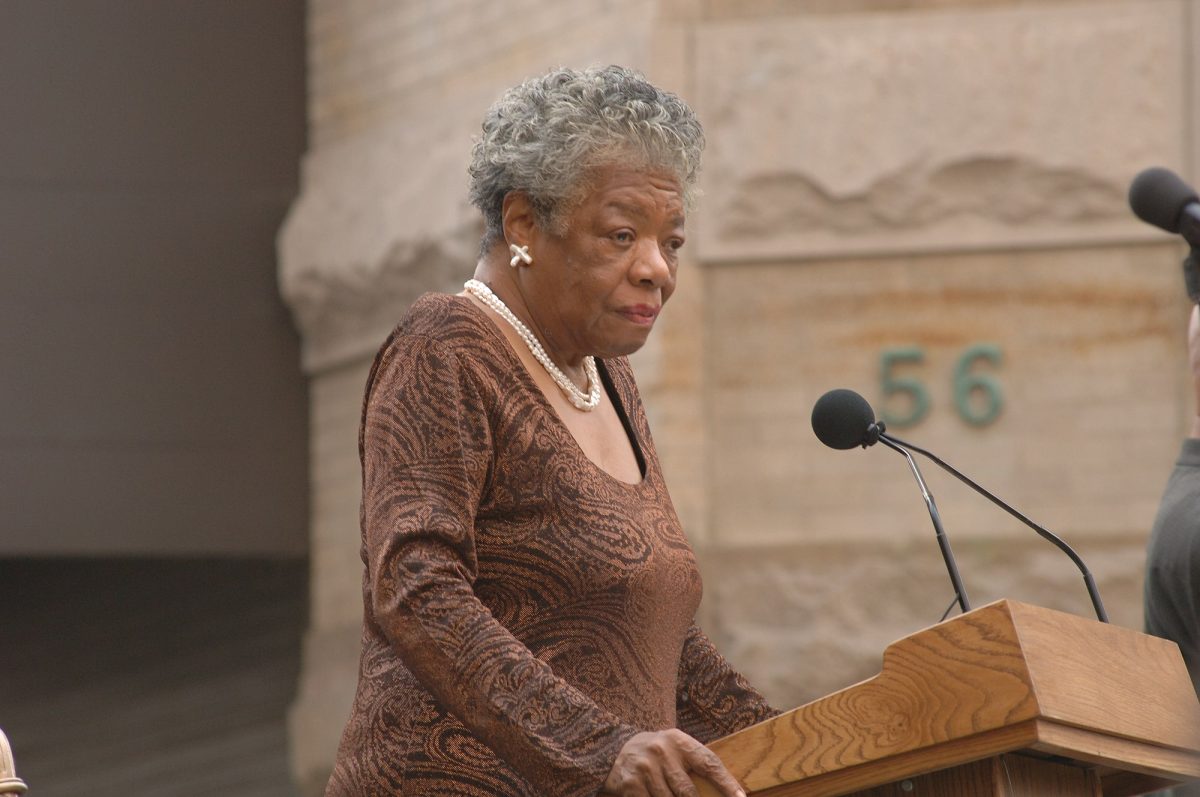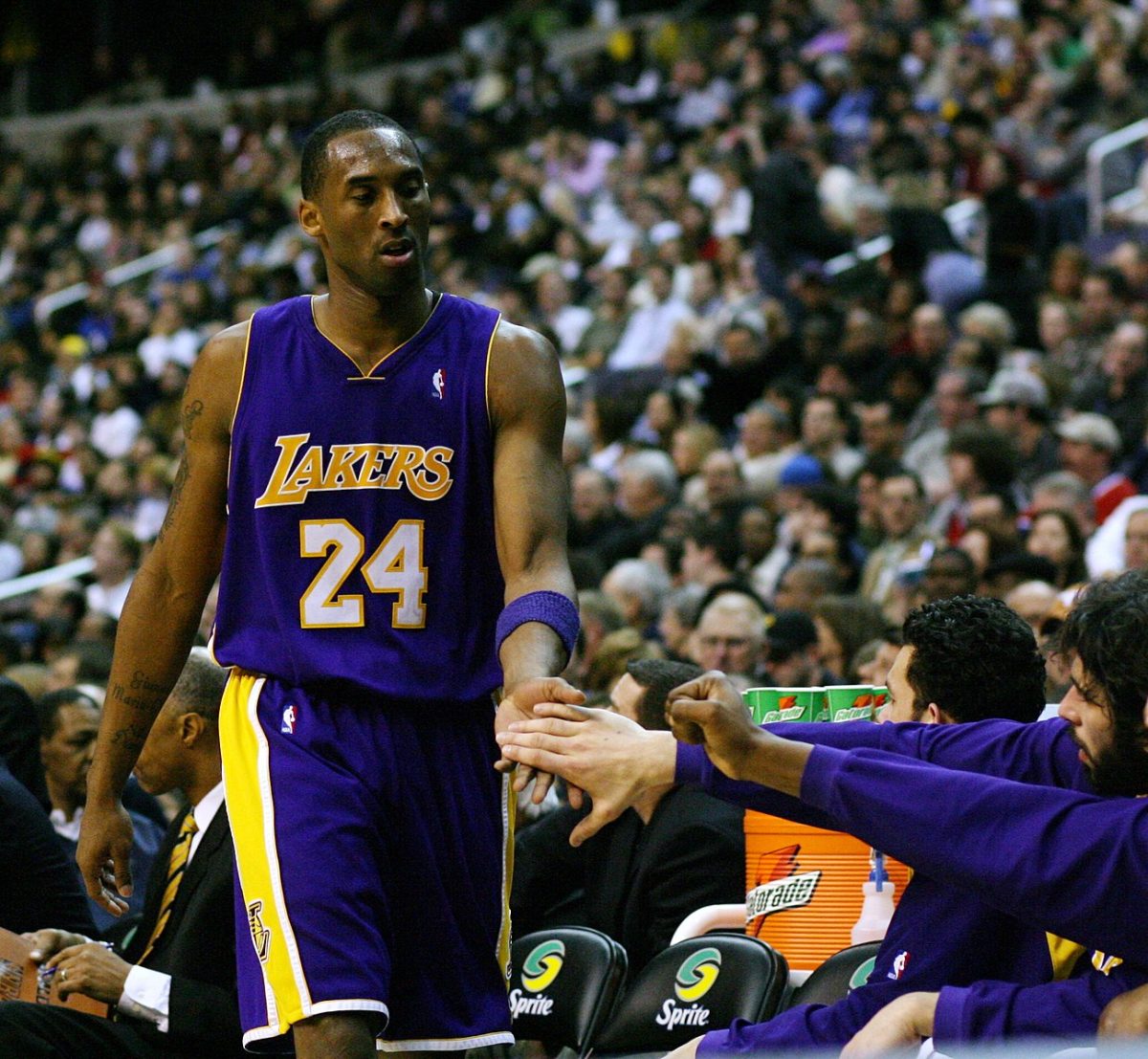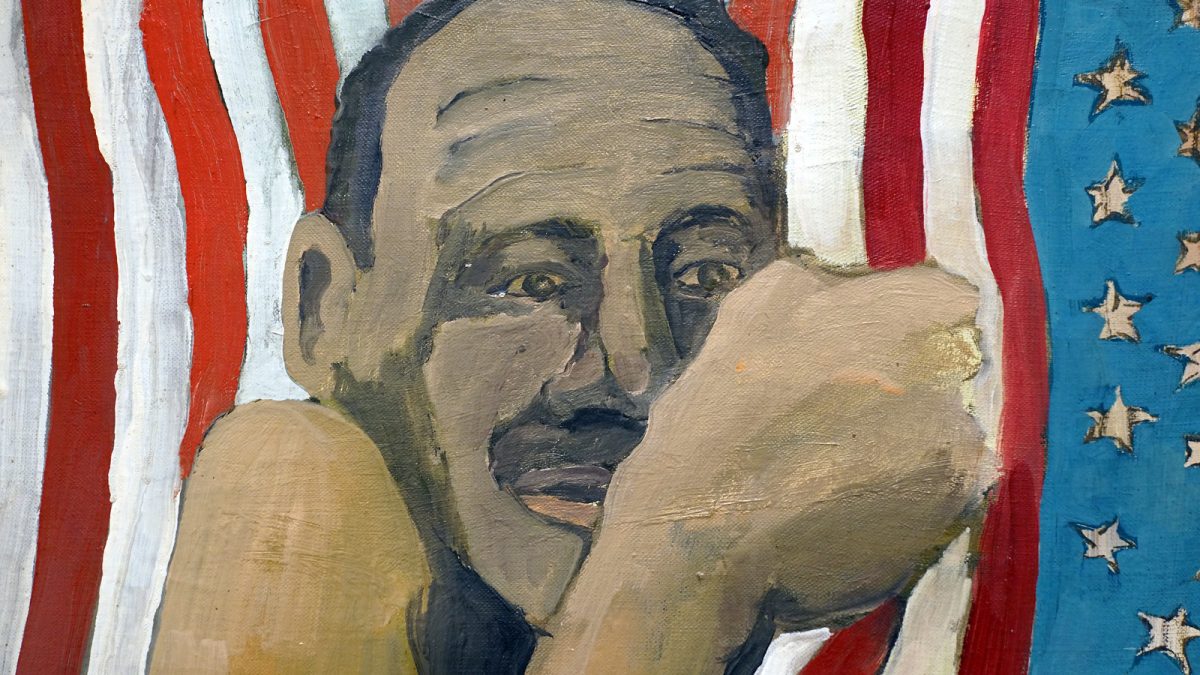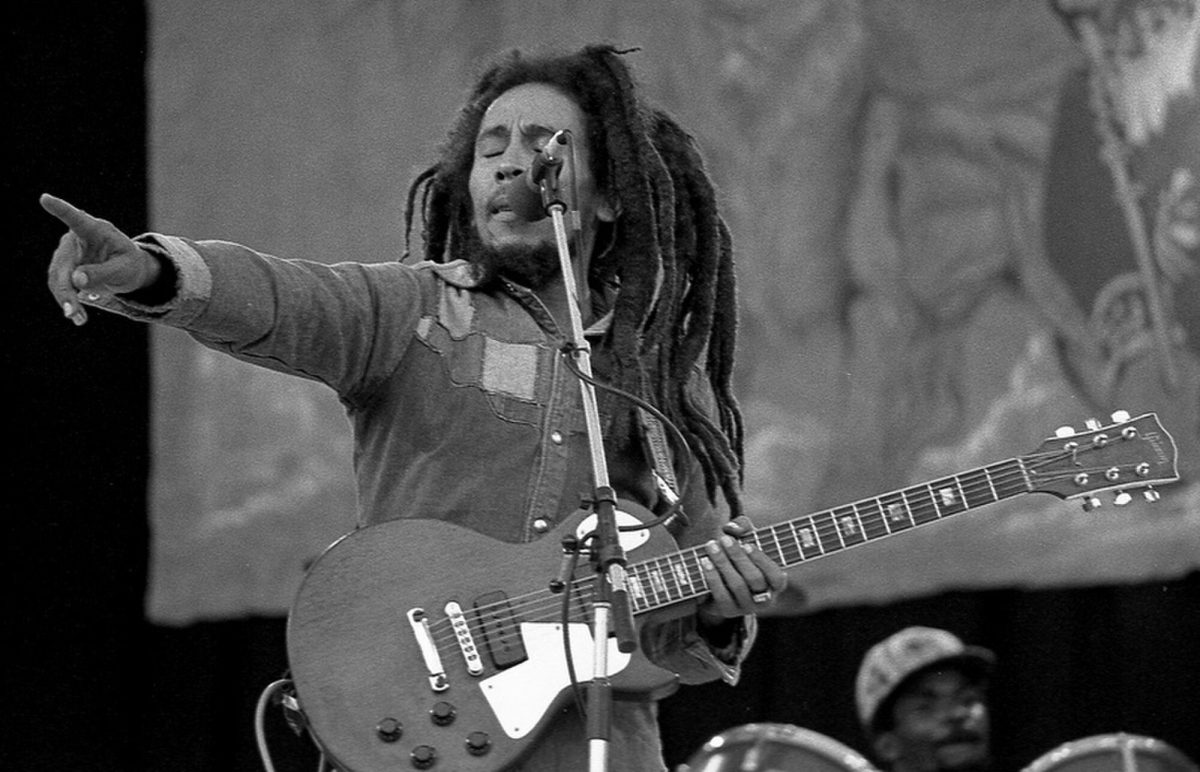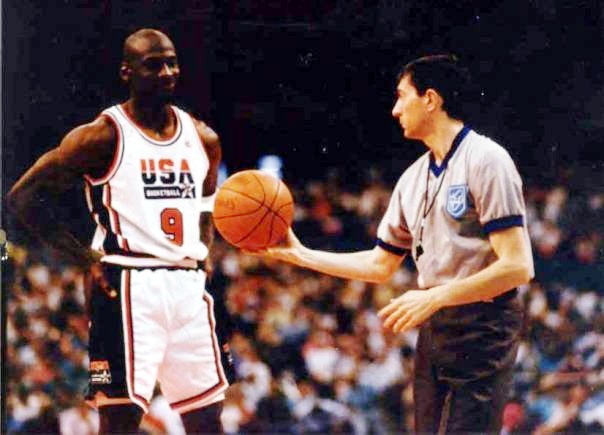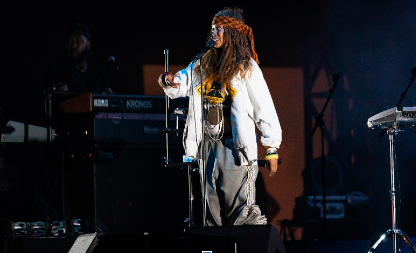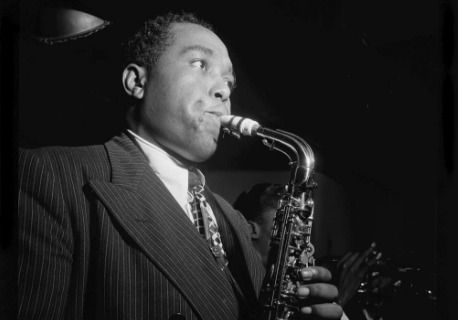
Miles Davis summarized the history of jazz in four words: “Louis Armstrong. Charlie Parker.” In this simple succession of figures, a fundamental change occurred in the image of jazz. From the party music of the hedonistic 1920s, to being the music that fueled the moody intellectual and aesthetic undercurrents of the 1940s.
Charlie Parker was born on August 29, 1920, in Kansas City. He learned saxophone at 13 and dropped out at 16, according to Encyclopedia Britannica.
He then went to New York where he was influenced by Lester Young. According to NPR, Young was a hipster icon and saxophonist who emphasized a more abstract, sophisticated playing style.
In the 1940’s, hipster had a different definition than today, meaning a fan of jazz music. However, by the 1940s, it had come to encompass an entire subculture of African American intellectuals who were exploring what it meant to be an American after WWII. This exploration was guided mostly by the moody, introspective jazz innovations of Charlie Parker.
As he established himself more within the jazz scene, he and trumpeter Dizzy Gillespie developed the artistically sophisticated style of bebop. This style featured smaller ensembles, complex harmonies, intense speed and exploratory improvisation that downplayed dancing and conducted deeper thought.
“[Charlie Parker] is representative of jazz itself and shows that it takes real time and focus,” said Freshman Rin Arambul.
Jazz would change irrevocably from that point. Parker’s revolution and the rise of rock music would end mass-market jazz, allowing jazz to experiment freely and ascend to a position of high culture.



